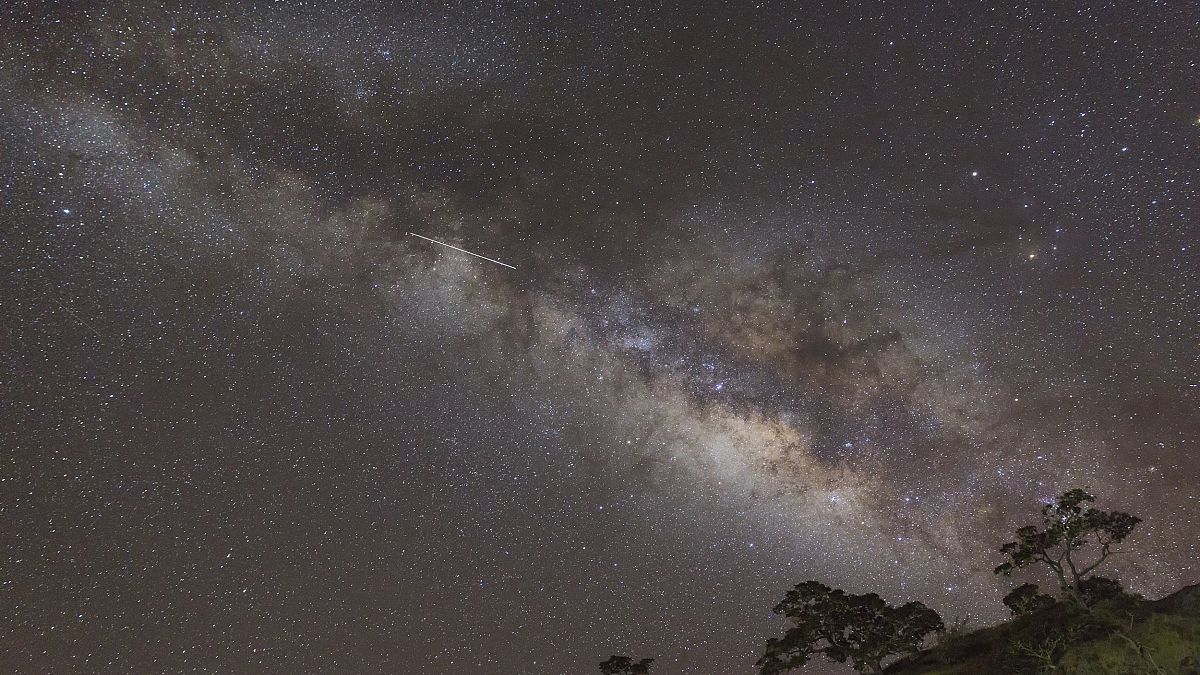Skywatchers, take note: The celestial show peaks July 28.
Summer is peak season for meteor showers, and skywatchers are gearing up for their chance to see some shooting stars.
The Delta Aquariid meteor shower began July 12 and will be visible until Aug. 23, with the peak occurring in the early morning hours of July 28. The Perseid meteor shower began July 17 and will last through Aug. 24, peaking Aug. 12.
"These meteors have a lot of small particles, which makes them good to study," Bill Cooke, a meteor expert at NASA's Marshall Space Flight Center in Huntsville, Alabama, said of the Delta Aquariids. "But people will only be able to see them for a few nights."
Cooke said it was best to view meteors against a clear, dark sky, away from bright lights that would overwhelm the streaks of light produced by the meteors as they enter Earth's atmosphere and burn up.
NASA recommends lying flat on your back and looking straight up, taking in as much of the sky as possible. Patience is essential, as it takes about 20 minutes for the eyes to adjust to the darkness — and since there can be long intervals between shooting stars.
Science
The Delta Aquariids, which get their name because they appear to come from the direction of the constellation Aquarius, are relatively faint meteors and are easily obscured by moonlight. But this year, there's no bright moon to get in the way.
The moon will be close to full on the peak night of the Perseids, which seem to come from the direction of the constellation Pereus. The moonlight could wash out fainter meteor streaks. But since the Perseids tend to be rich in fireballs — larger explosions of light and color that can persist longer than typical shooting stars — they should still be a sight to behold.
